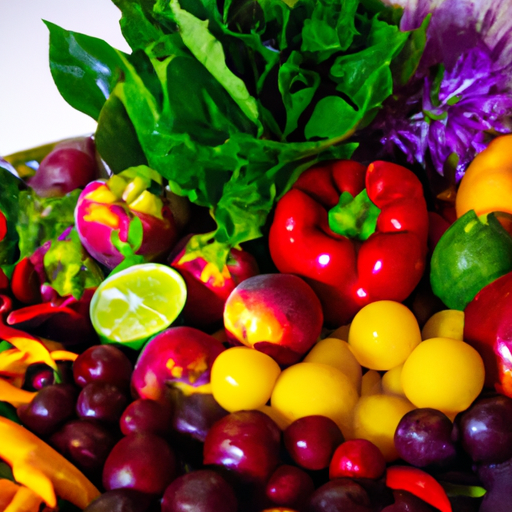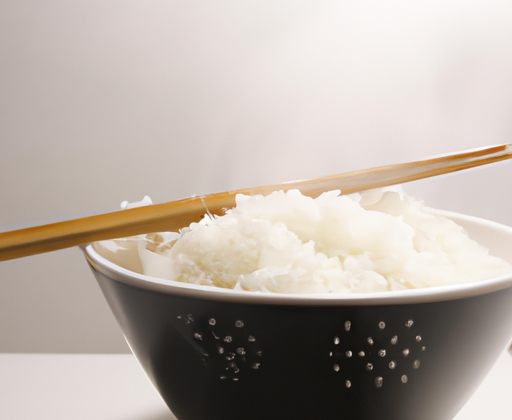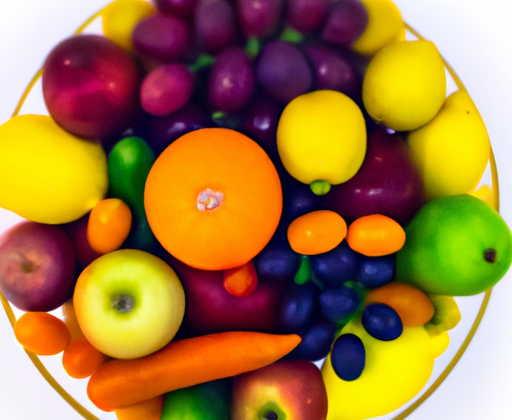What’s the Deal with Halal Diet?
Hey there, folks! Have you ever heard of a Halal diet? Well, let me tell you this, it’s a unique way of eating that’s worth exploring. Halal is an Arabic word that means permissible, and it’s used to describe the things that are allowed under Islamic law. Now, when it comes to food, Halal is all about what you should and shouldn’t consume. As a Muslim, I abide by the Halal principles, and I must say it’s one of the best decisions that I’ve made. Stick around, and I’ll guide you through the basics of Halal diet and practices.
What Can I Eat on a Halal Diet? Let’s Break It Down
Hey there! So, you want to know what you can and can’t eat on a Halal diet? Well, let me tell you, it’s not as complicated as it may seem. First things first, let me give you a brief overview of what a Halal diet is.
Halal diet is a way of eating that adheres to Islamic guidelines, specifically food and beverage consumption, which forbids the consumption of certain types of meat and requires animals to be slaughtered in a specific way. Here are some foods that are allowed and prohibited on a Halal diet.
Foods Allowed
Foods that are allowed on a Halal diet include:
- Meat from animals that are slaughtered according to Islamic guidelines
- Seafood, including fish and shellfish
- Grains and cereals
- Fruits and vegetables
- Dairy products, including milk, cheese, and yogurt (as long as they do not contain any haram ingredients)
Essentially, any food that is not haram (prohibited) is allowed on a Halal diet.

Foods that are prohibited on a Halal diet include:
- Pork and pork products, including bacon, ham, and pork sausage
- Animals not slaughtered according to Islamic guidelines
- Alcoholic drinks and intoxicants
- Meat from animals that were dead prior to slaughter
- Meat from animals that were fed haram substances such as animal products or chemicals
- Meat from an animal that was not slaughtered in the name of Allah
It’s important to note that haram ingredients can also be found in processed foods and ingredients such as gelatin, enzymes, and emulsifiers, so it’s important to read food labels carefully.
Now that you know what’s allowed and prohibited, let’s talk about why following a Halal diet can benefit you.
Why Following a Halal Diet Has Been Game-Changing for My Health and Lifestyle
As someone who has been following a Halal diet for some time now, I have noticed significant changes in both my health and lifestyle. Cutting out foods that are prohibited in the Halal diet has not only improved my physical health, but also my mental and emotional well-being.
One of the benefits of following a Halal diet is that it promotes a balanced and healthy lifestyle. By avoiding processed and unhealthy foods, I have noticed a significant increase in my energy levels and overall mood. Eating a diet based on natural and fresh ingredients has allowed me to feel more grounded and connected with my body, which in turn has had a positive impact on my mental health.
Another benefit of following a Halal diet is that it encourages mindful and intentional eating. By being aware of the types of foods that are allowed and prohibited, I have become more conscious of what I am putting into my body. This has led me to make more thoughtful and nutritious choices when it comes to meal planning and preparation.
Moreover, following a Halal diet has also allowed me to connect more deeply with my cultural and religious identity. As a Muslim, the Halal diet is an important aspect of my faith and has helped me maintain a sense of community and belonging. By following these traditional practices, I feel more connected to my roots and my heritage.
Overall, the benefits of following a Halal diet are vast and extend beyond just physical health. From promoting mindfulness to fostering cultural identity, this lifestyle has truly been a game-changer for me. If you’re interested in exploring the connections between food and culture, check out this article on how food shapes cultural identity at Baked Occasions.
Living the Halal Lifestyle
Being committed to a halal diet is more than just selecting the right kinds of food to eat. It requires an overall approach to life that stays true to the spirit and practice of the Islamic faith. As a Muslim who practices halal, I strive to integrate my values into every aspect of my daily routine; from my personal interactions to my career.
One of the most essential expressions of halal practice is through prayer and meditation. These practices help strengthen one’s connection to God and ensure that individuals are walking in the true path. Fasting is another important aspect of the halal lifestyle. Fasting for Ramadan or outside of it has numerous spiritual, physical, and mental benefits, including breaking bad habits and patterns that have accumulated on our system throughout the year.
In addition to spiritual practices like prayer and fasting, you may also follow other practices that align with your halal values. For example, dressing modestly and avoiding unnecessary physical contact with members of the opposite gender. It’s essential to find a community that shares your values and supports your journey to embodying halal principles.
As a halal eater, eating out can be a little challenging, especially when you’re in a new place. It’s important to know some general rules, such as avoiding any dishes that contain pork or alcohol and ensuring that the food is halal certified. Cooking at home, therefore, is a great way to ensure that you’re always in control of the food you’re consuming.
To maintain a halal lifestyle, it’s crucial to engage in activities that bring you peace and joy; doing so will allow you to tap into your inner potential and enable you to serve those around you better. It could be anything like volunteering for a good cause, gardening, or taking a walk into nature.
Living a halal lifestyle is more than just observing a set of rules; it’s a path towards developing a closer connection with our Creator, strengthening family bonds, and building a life of purpose and intention.
Conclusion: My Thoughts on the Halal Diet
In conclusion, I believe that following a Halal diet can provide various benefits to an individual’s physical, mental, and spiritual health. Not only does it promote the consumption of clean and healthy foods, but it also emphasizes the importance of ethical and sustainable food practices.
However, it is important to note that practicing a Halal diet requires both commitment and knowledge. It involves understanding the types of foods allowed and prohibited, as well as ensuring that the foods consumed are prepared in a Halal manner. Therefore, it is crucial to do your research and consult with a trusted authority or expert before embarking on this diet.
Despite some challenges, I believe that practicing a Halal diet can bring about positive changes in one’s life. It can serve as a tool for building discipline and mindfulness, as well as creating a stronger connection to one’s community and culture.
Overall, the Halal diet is not just about the food we eat, but also about the values we uphold and the impact we have on the world around us.

